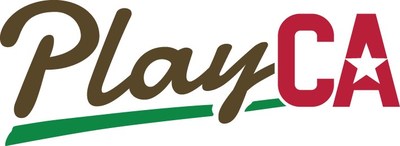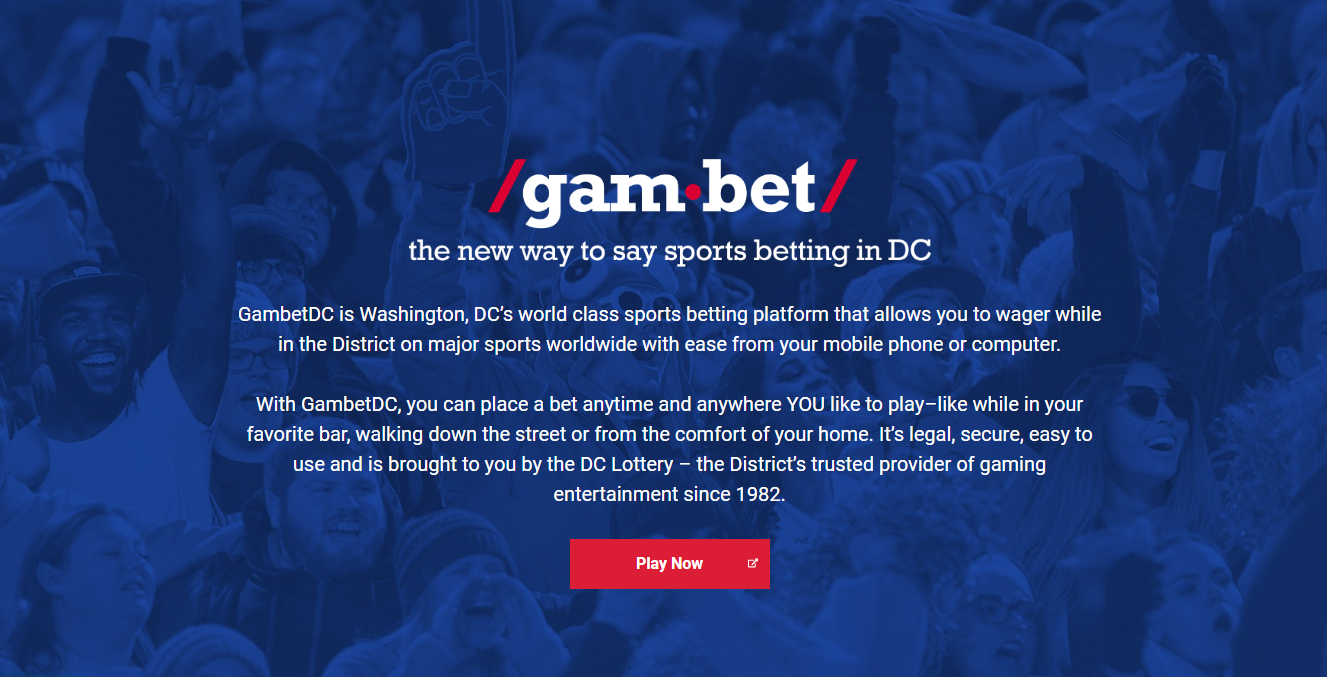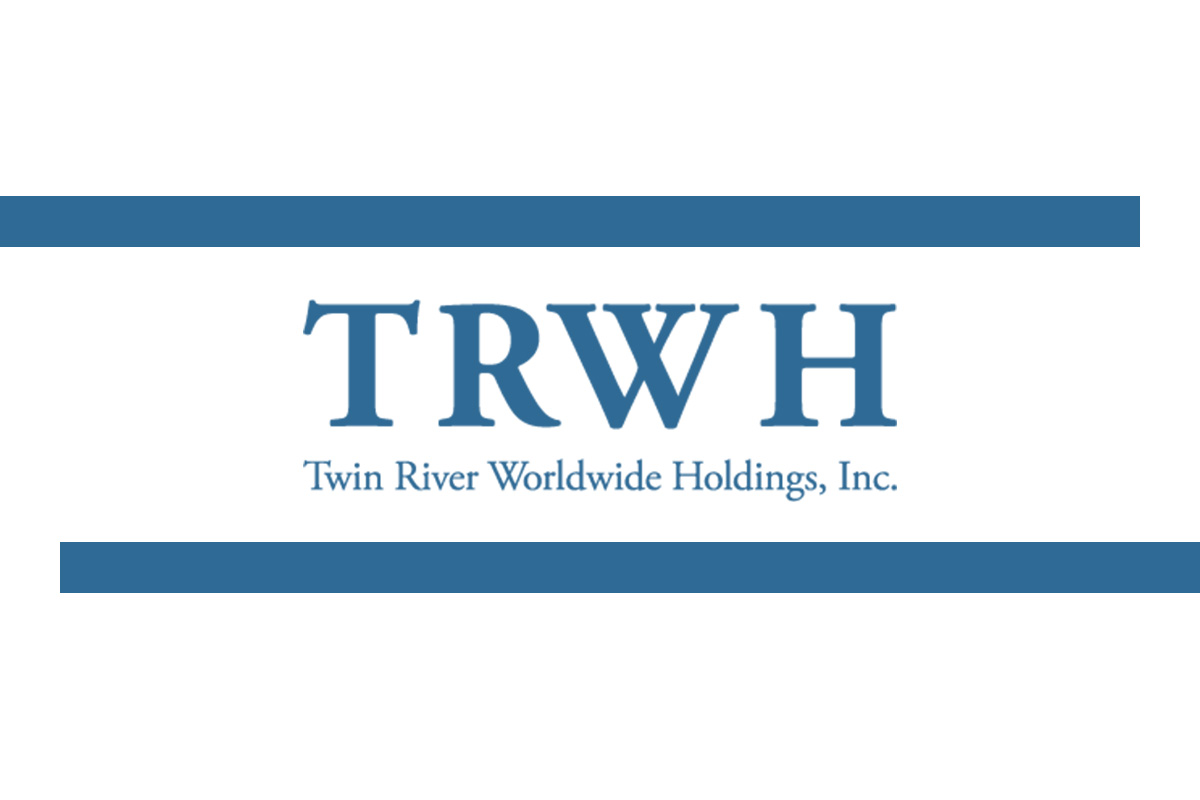
California Could Open Door To $30 Billion In Annual Bets If Sports Betting Is Approved
Details of bills that could send sports betting to voters call for balanced tax structure that will spur growth, according to PlayCA.com analysts
LAS VEGAS — If California voters approve online and retail sports betting in November it will open the door to a market that has the potential to generate more than $30 billion in wagers annually, according to projections from PlayCA.com, which analyzes legalized gambling in California. Those wagers would generate some $2 billion in operator revenue and $300 million in state taxes each year.
“California is the holy grail of sports betting markets, and not just because of its sheer size,” said Dustin Gouker, chief analyst for PlayCA.com. “It appears that legislators are working to put in place a structure that will make California uniquely attractive to every major operator. And because it has the potential to be the largest legal sports betting market in the U.S., ultimately it represents a seismic shift in the industry.”
The California assembly took a significant step toward the legalization of online and retail sports betting in the Golden State on Thursday by adding implementation details to ACA 16 and SCA 6. The new language in the bills, which were originally introduced in June 2019 by Sen. Bill Dodd (D-Napa) and Assemblyman Adam Gray (D-Merced), would amend the state constitution to:
- Authorize retail and online sports betting at the state’s tribal casinos and racetracks if approved by voters, but not at the state’s cardrooms.
- Set a tax rate of 10% on gross revenue for in-person wagering and a 15% tax for mobile or online wagering.
- Impose taxes on the platform operators rather than directly by the tribes, to avoid sovereignty issues.
The tax rates are reasonable within the context of legal U.S. sports betting jurisdictions. By comparison, New Jersey, the nation’s largest online sports betting market, levies a 13% tax on online sports betting revenue and 9.75% tax on revenue from retail sportsbooks. Pennsylvania levies a 36% rate, by far the highest in the nation.
With the proposed tax rate, California could generate $240 million in operator revenue and $36 million in state taxes annually from online sports betting and another $60 million in operator revenue and $6 million in taxes a year from in-person betting, according to PlayCA.com estimates.
“The tax rates are fair for both operators and the state, and would be competitive with many of the states that have already legalized sports betting,” Gouker said. “The rate certainly won’t scare off sportsbook operators, who are all eager to enter California. This balanced approach should help the market ramp-up quickly once the industry launches, which is ideal considering California’s budget crunch.”
The state assembly and senate still must approve the bill, and then it must be signed by Gov. Gavin Newsom, before it can make its way to ballots this fall. But with a $50 million shortfall in California’s budget, and deep cuts expected, there is pressure on lawmakers to find new sources of revenue.
“The structure of these bills seems sound, and it should help the state eventually realize its revenue goals to the benefit of all of California,” Gouker said. “As for the gaming industry, if sports betting is approved by voters, it stands to change the face of sports betting across the country,”










